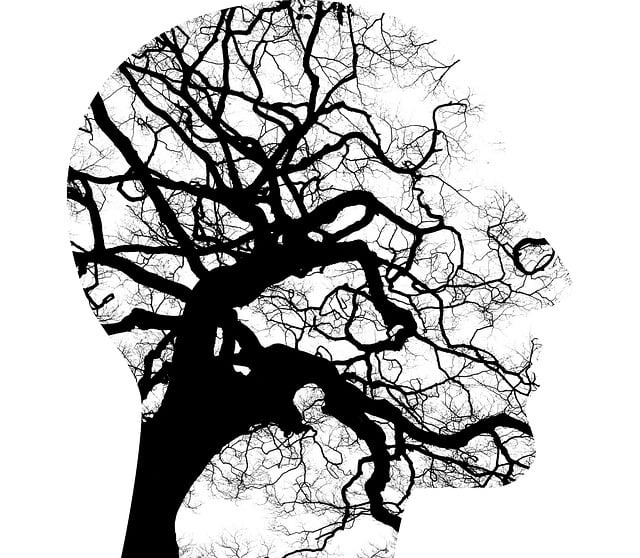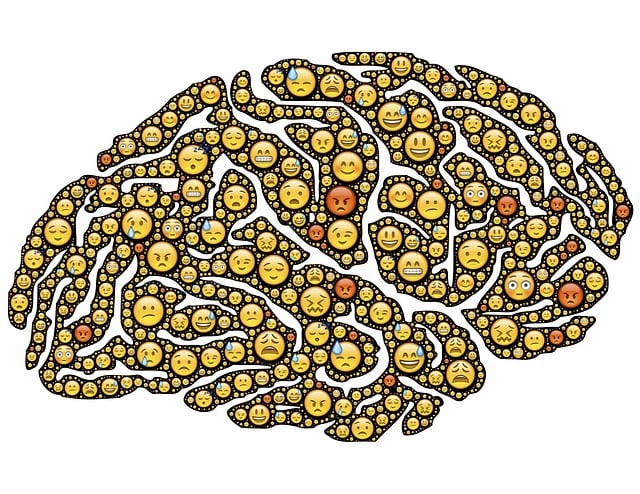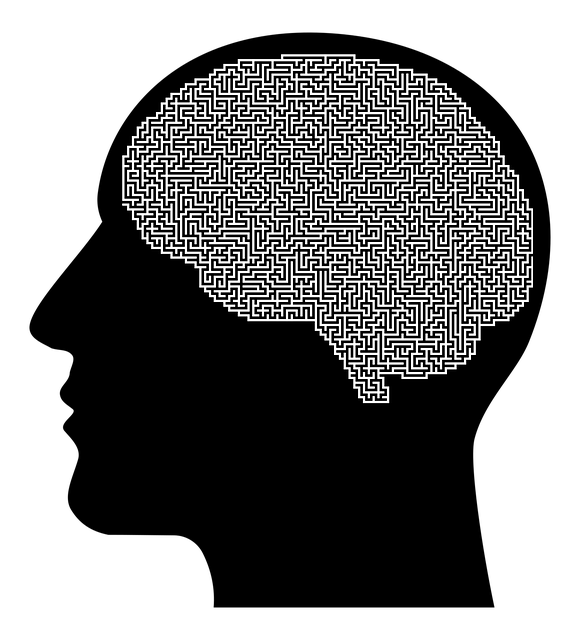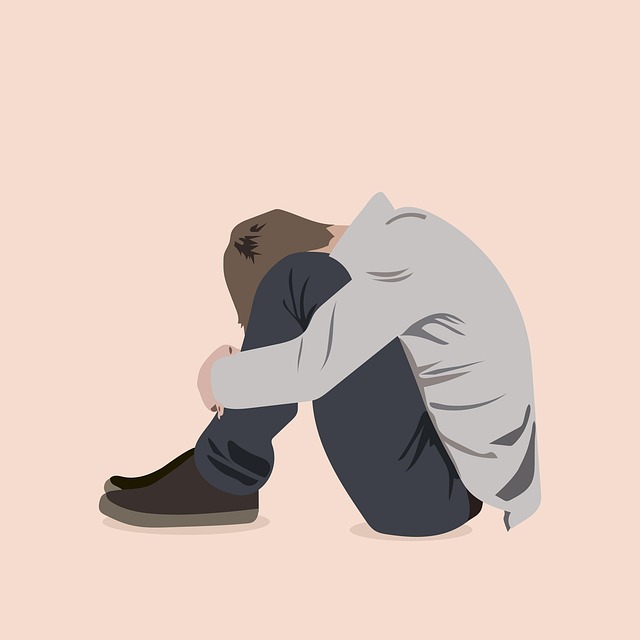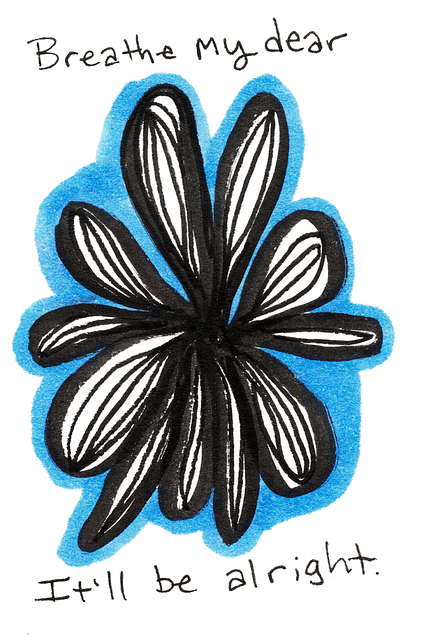Mental Health Crisis Hotlines (24/7) serve as safety nets for acute emotional distress, offering immediate support & professional guidance. They cater to diverse needs, including specialized therapy for elders sexual addiction, breaking down stigma and encouraging open conversations. These hotlines stabilize individuals in crisis, equip them with stress reduction methods and self-care routines for better long-term mental well-being, especially addressing unique mental health challenges faced by the elderly.
Mental health crisis hotline support services play a vital role in addressing the escalating need for immediate assistance. This article delves into the critical function of these hotlines, focusing on their ability to provide essential therapy and support. We explore specific issues like sexual addiction among the elderly, highlighting unique challenges and tailored interventions. Understanding how these hotlines operate and the resources they offer is crucial for navigating crisis situations effectively, ensuring access to much-needed care, particularly in addressing sexual addiction in the elderly population.
- Understanding Mental Health Crisis Hotlines
- Targeting Elders: The Unique Needs and Challenges
- Sexual Addiction in the Elderly Population
- How Hotlines Provide Support and Therapy
- Resources and Accessing Crisis Support Services
Understanding Mental Health Crisis Hotlines

Mental Health Crisis Hotlines serve as vital safety nets for individuals experiencing acute emotional distress or mental health crises. These 24/7 services are designed to provide immediate support, ensuring that folks in need can access professional help promptly. Trained counselors offer a safe space to talk through concerns, whether it’s anxiety, depression, or more specialized issues like therapy for elders suffering from sexual addiction. The primary goal is to stabilize the individual and prevent escalation of their crisis.
Beyond addressing immediate needs, these hotlines also foster Mental Health Awareness by breaking down stigma and encouraging open conversations about mental well-being. They equip individuals with Stress Reduction Methods and guide them towards Self-Care Routine Development for Better Mental Health, promoting long-term resilience. This support is crucial in navigating the complexities of mental health challenges, offering a beacon of hope and guidance during turbulent times.
Targeting Elders: The Unique Needs and Challenges

Elders often face unique challenges when it comes to mental health issues, requiring tailored support and understanding. The aging process can bring about various factors contributing to emotional distress, such as loneliness, loss of independence, chronic illnesses, or cognitive decline. Many older adults may struggle with mental illness undiagnosed or untreated due to societal stigma and the perception that mental health concerns are not prevalent in this demographic.
Targeting elders with crisis hotline support is crucial, addressing their specific needs like sexual addiction, which can be a sensitive issue for this age group. Therapy tailored to these individuals should incorporate Mind Over Matter principles, focusing on cognitive-behavioral techniques to promote emotional well-being. By offering confidential and non-judgmental services, hotlines can encourage elders to seek help, reduce the mental illness stigma, and foster open conversations about challenging topics, including sexual addiction and its underlying causes.
Sexual Addiction in the Elderly Population

Sexual addiction among the elderly is a growing concern within the mental health community. As our population ages, it’s crucial to recognize that sexual desires and behaviors can still exist, but societal norms and physical limitations might create barriers to healthy expression. Many older adults may struggle with self-awareness exercises related to their sexual tendencies, making them prone to unhealthy patterns or isolation. This demographic often faces challenges in accessing appropriate therapy for elders sexual addiction due to the stigma surrounding aging and sexuality.
Crisis intervention guidance is vital in addressing these issues promptly. Social skills training tailored for the elderly can help individuals reconnect and form meaningful relationships, reducing feelings of loneliness and isolation. By providing specialized support, hotlines can offer much-needed resources, ensuring that the elderly population receives the care and understanding they deserve regarding their sexual well-being.
How Hotlines Provide Support and Therapy

Hotlines play a pivotal role in providing immediate support and guidance to individuals experiencing mental health crises. They offer a safe, confidential space for people to express their concerns and connect with trained professionals who can assist them. The 24/7 availability of these services ensures that help is accessible whenever needed, especially during moments when traditional therapy sessions might not be feasible.
For elders grappling with complex issues like sexual addiction, hotlines provide a crucial link to trauma support services. Trained counselors offer empathy and expertise in guiding individuals through the emotional healing processes. Moreover, healthcare provider cultural competency training equips hotline staff to handle diverse cases, ensuring that every caller receives tailored care. This personalized approach facilitates open communication, which is essential for effective therapy.
Resources and Accessing Crisis Support Services

Mental health crisis hotline support services are a vital resource for individuals experiencing acute distress or a sudden decline in mental well-being. These hotlines offer immediate assistance, providing a safe and non-judgmental space for people to share their concerns. Trained professionals on these lines can offer guidance, resources, and sometimes even emergency interventions.
Accessing crisis support services is straightforward; many countries have dedicated helplines that operate 24/7. These hotlines are often free to use and confidential, encouraging honest communication. For specific needs like therapy for elders with sexual addiction or managing mood disorders, specialized services are available upon initial contact. Effective risk management planning for mental health professionals is also crucial; proper assessment tools, such as detailed risk assessments, enable professionals to identify potential risks and provide appropriate care while ensuring client safety.
Mental health crisis hotline support services play a vital role in addressing the unique challenges faced by the elderly, including sexual addiction. By providing accessible resources and confidential therapy for elders with sexual addiction, these hotlines offer much-needed guidance and care. Understanding the importance of these services, as highlighted in our discussion on targeting elders and their specific needs, can foster a more supportive environment for this vulnerable population. Ensuring easy access to crisis support is crucial in promoting the overall well-being of seniors.

